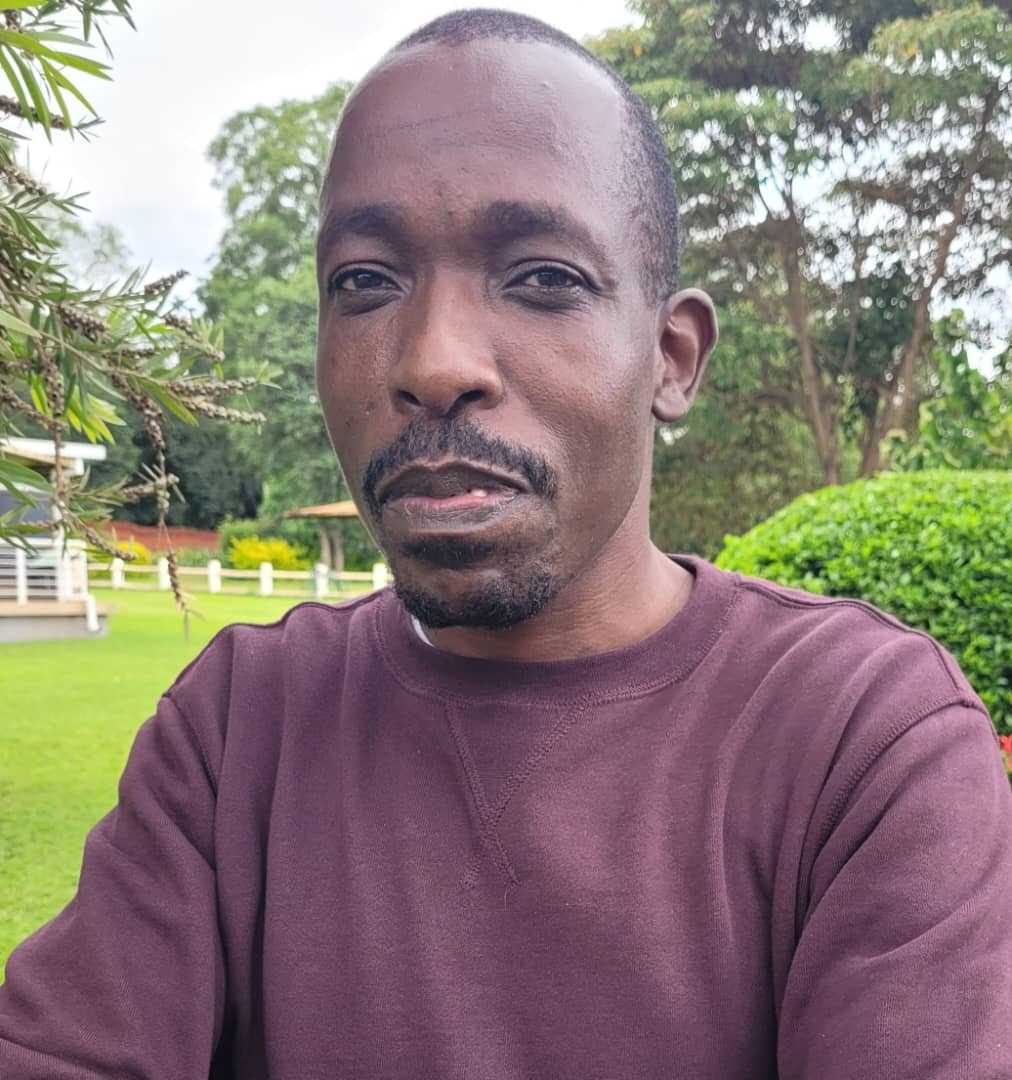
The Sanitation and Water for All will this week introduce a handbook for Parliaments and parliamentarians to empower them on various aspects of water and sanitation.
“It’s being launched internationally under the banner of the Sanitation and Water for All global partnership,” said Climate Change Mitigation deputy director in the Ministry of Lands, Agriculture, Water, Climate-And-Rural-Resettlement Mr Lovemore Dhobha.
The handbook titled "Water and Sanitation: Realizing Human Rights and Achieving Sustainable Development Goals” will be launched this Thursday, 20 October during a webinar.
The webinar will address the rationale of the handbook, inform participants of the key aspects of the handbook and discuss examples from parliamentarians who are using their role to positively influence water, sanitation and hygiene in their country.
Related Stories
Mr Dhobha who is also the Sanitation & Water For All steering committee member for Eastern & Southern Africa said the handbook will provide guidance for legislators who are a key cog in the sanitation and water value chain.
The parliament and parliamentarians play a critical role in ensuring accountable, participatory, transparent governance which is necessary for inclusive and sustainable development.
The handbook aims to provide parliamentarians with information and inspiration, to help them deliver on their responsibilities to ensure effective water and sanitation services for the constituencies and communities they serve.
The handbook has been prepared in response to requests by SWA partners to provide support to parliamentarians, in order to contribute to their understanding of the legal, political, and programmatic implications of realising the human rights to water and sanitation and achieving the related Sustainable Development Goals by 2030.
SWA is a global partnership of governments, donors, civil society organisations and other development partners working together to coordinate high-level action, improve accountability and use scarce resources more effectively.

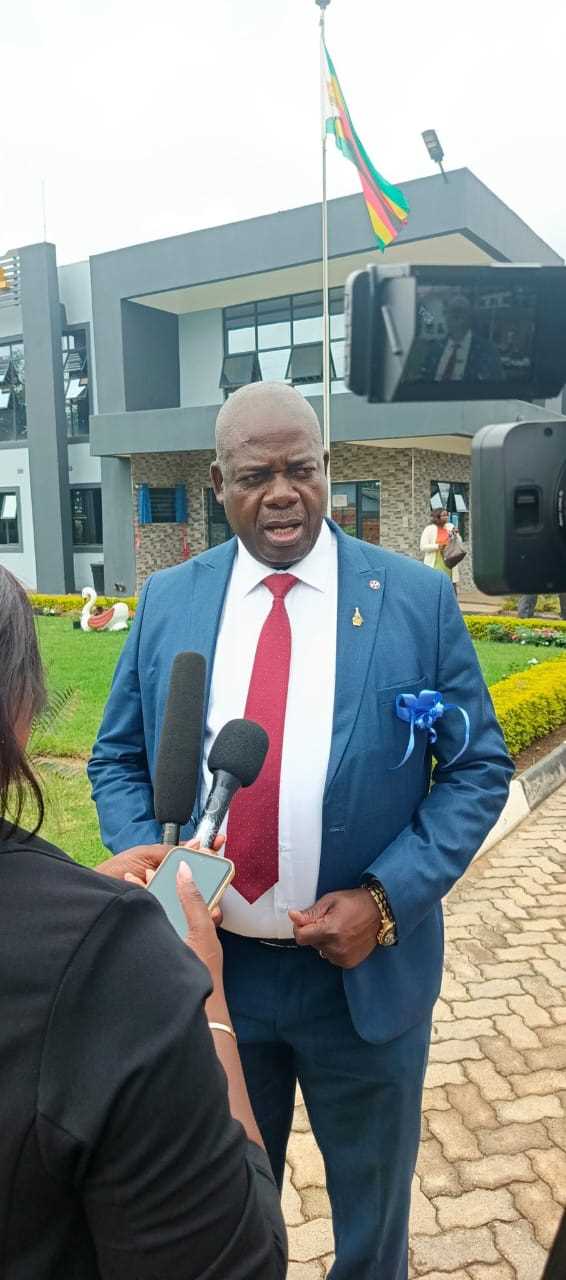



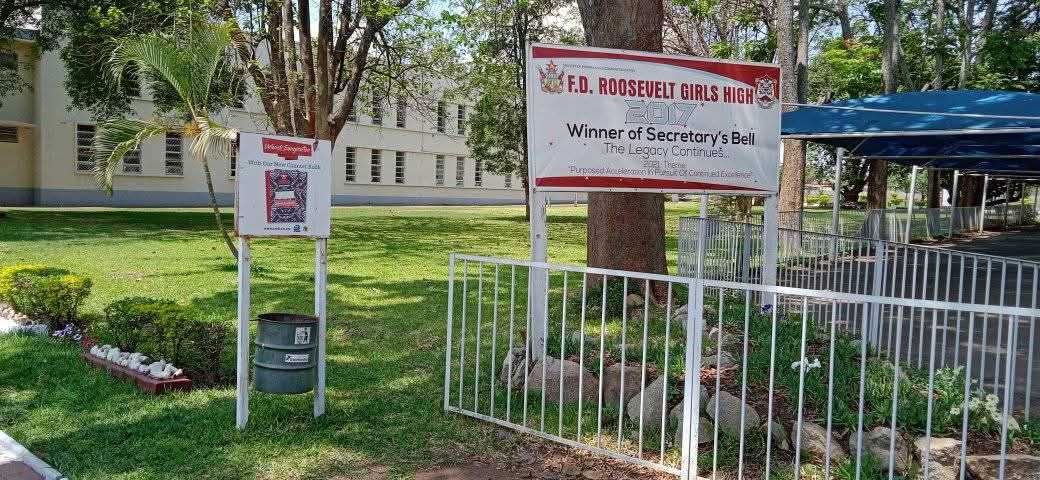




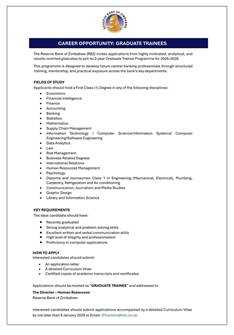

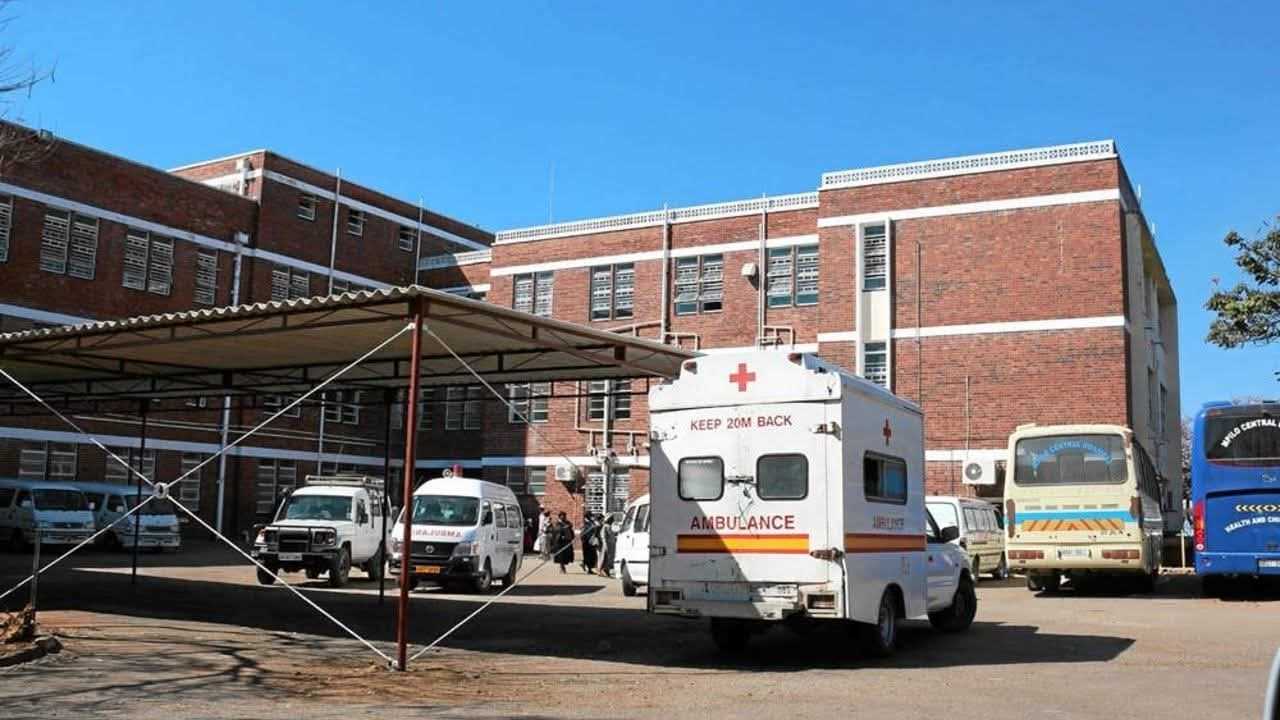



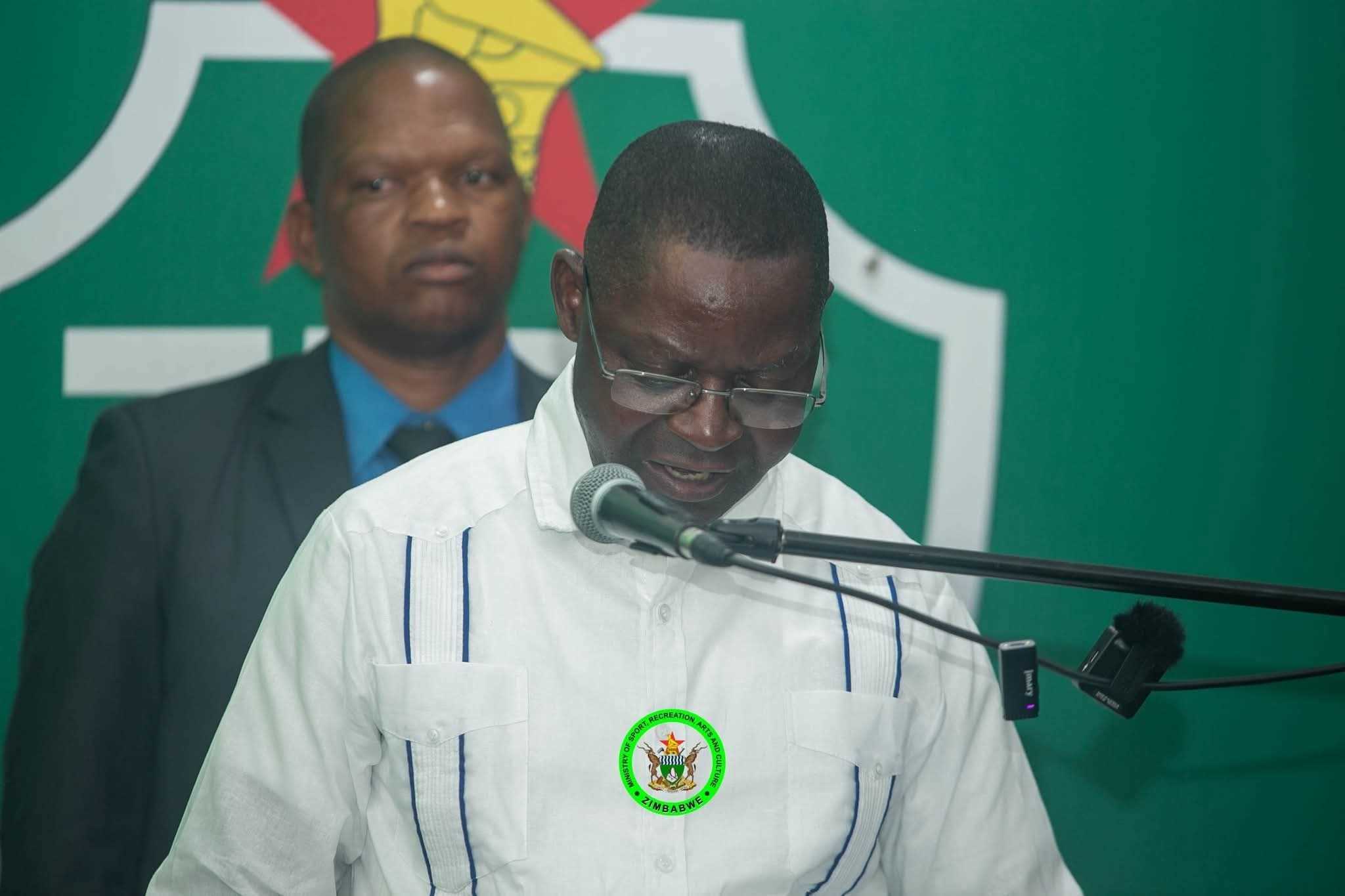


Leave Comments